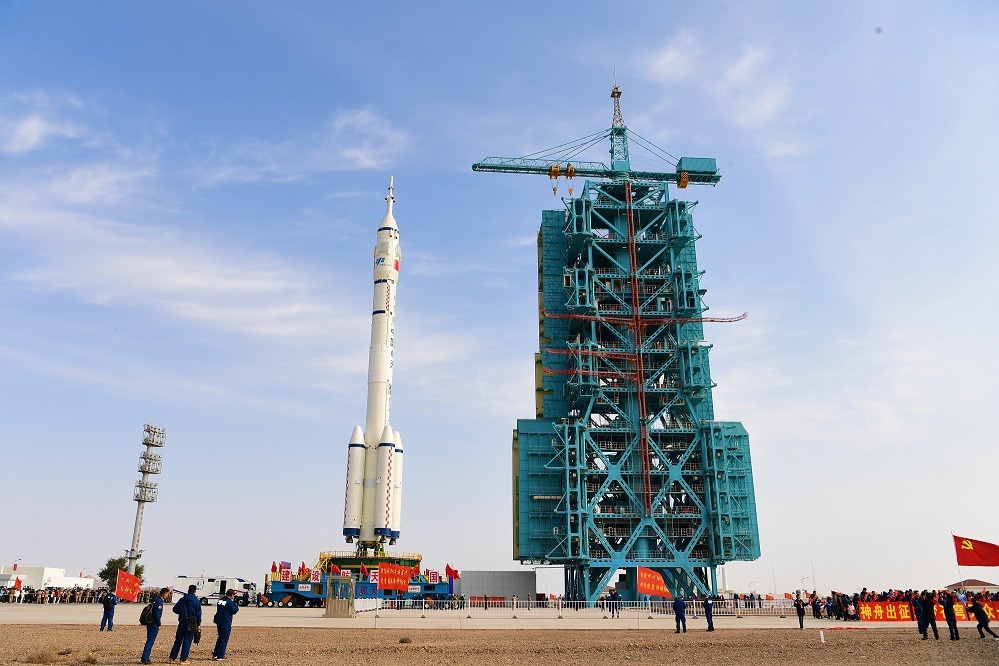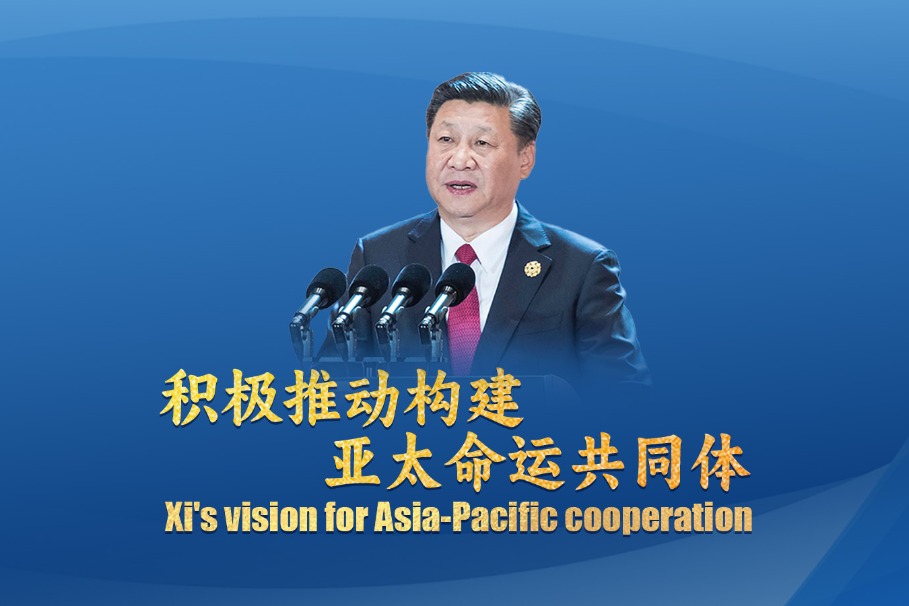Nigeria pins hopes on port hub role
By OTIATO OPALI in Nairobi, Kenya | China Daily | Updated: 2022-09-07 07:21

Backed by China, Lekki deep-sea facility shaping up as growth catalyst
Nigeria is closing in on its ambitions to get on the global map for shipping services with a deep-sea port that will serve as the main transshipment hub for West Africa.
Construction of the Lekki Deep Seaport, in Lagos state, is more than 95 percent complete, and is expected to begin operating as soon as the end of the year.
The $1.5 billion port, which is being built with Chinese backing, will be at the heart of the Lagos Free Trade Zone.
Africa's most populous country now relies on two old ports that are constantly congested and their shallow harbors restrict the type of vessels that can dock there. Those constraints made clear the need for the Lekki Deep Seaport, with financing from China Development Bank. Work got underway in 2017.
With a berthing depth of 16.5 meters and the capacity to handle more than 2.7 million 20-foot equivalent units a year, the Lekki port is shaping up as one of the most valuable assets under the China-proposed Belt and Road Initiative in West Africa.
The facility will increase Nigeria's daily port handling capacity from 3,000 containers to as many as 20,000.
It will also enable up to five megaships to berth at the same time, far outstripping what is available in other Nigerian ports. As the first deep-sea port in Nigeria, the facility will significantly increase the goods handling capacity of the country and boost its economic development, according to China Harbour Engineering Company, the contractor for the project.
Lauren Johnston, a senior researcher at the South African Institute of International Affairs, said in a recent commentary that the port has the potential to help Nigeria optimize the African Continental Free Trade Area, a pact connecting 1.3 billion people across the continent that the World Bank believes can transform the region's economies.
"In addition, the Lekki port itself is embedded into the Lekki Free Trade Zone. Offering tax and other incentives, as well as reliable and modern infrastructure, the new port will dramatically reduce the cost of shipping and could change the face of importing to and exporting from West Africa's largest economy," Johnston said.
Once operational, the port will enjoy many benefits since it is licensed to operate as a free-trade zone entity under the Nigeria Export Processing Zones Act. The zone will offer a complete holiday from federal, state and local government taxes, rates and levies. It will also enable duty-free imports of capital goods, machinery components, spare parts, raw materials and consumable items.
The Nigerian Ports Authority awarded Lekki Port LFTZ Enterprise a concession for 45 years on a build, own, operate and transfer basis. China Harbour Engineering owns more than 50 percent of the entity.
Nigerian Transportation Minister Muazu Jaji Sambo has said that the Lekki port will generate a significant positive impact, estimated at $361 billion, over the term of the concession.
Economic fruits
The minister said the port is expected to contribute more than $200 billion to government revenues and create around 163,000 jobs. The port is also expected to spur economic activity around the Lekki subregion and the wider Lagos state through rapid industrialization, he said.
On a visit to the site on Aug 16, Sambo commended the management of the Nigerian Ports Authority and China Harbour Engineering for meeting construction schedules.
Lekki Deep Seaport Chief Executive Du Ruogang said the company is focused on preparations for operational readiness with the aim of starting services by December. The port will have three container berths, one dry bulk berth and three liquid berths.
"The project employs over 1,400 Nigerians who are undertaking various technical, corporate and administrative functions," Du said. "We will continue to take on qualified Nigerians while ensuring adequate training and transfer of knowledge and competence at all levels of operations."
























